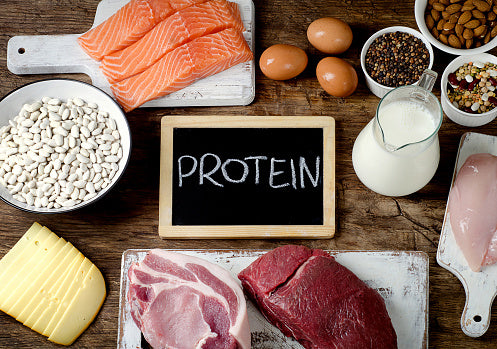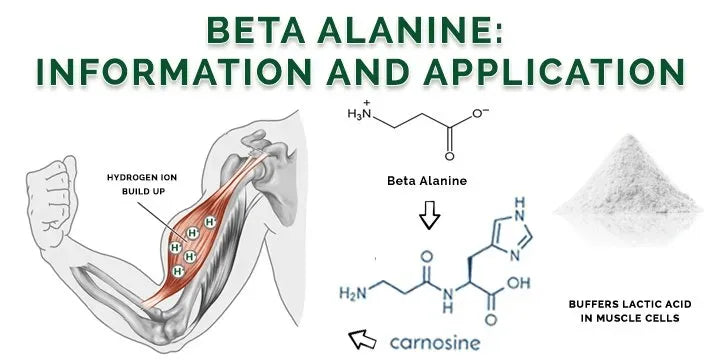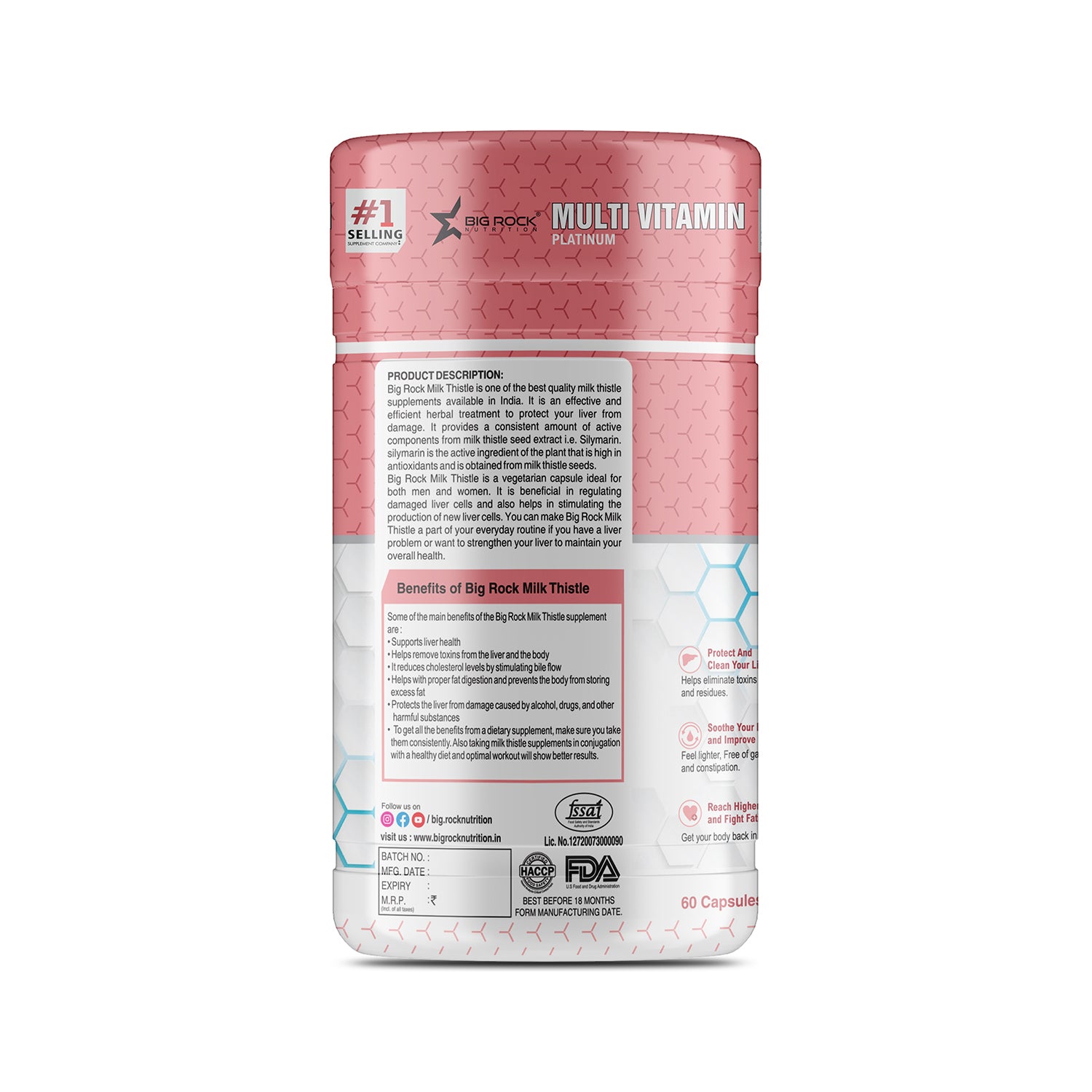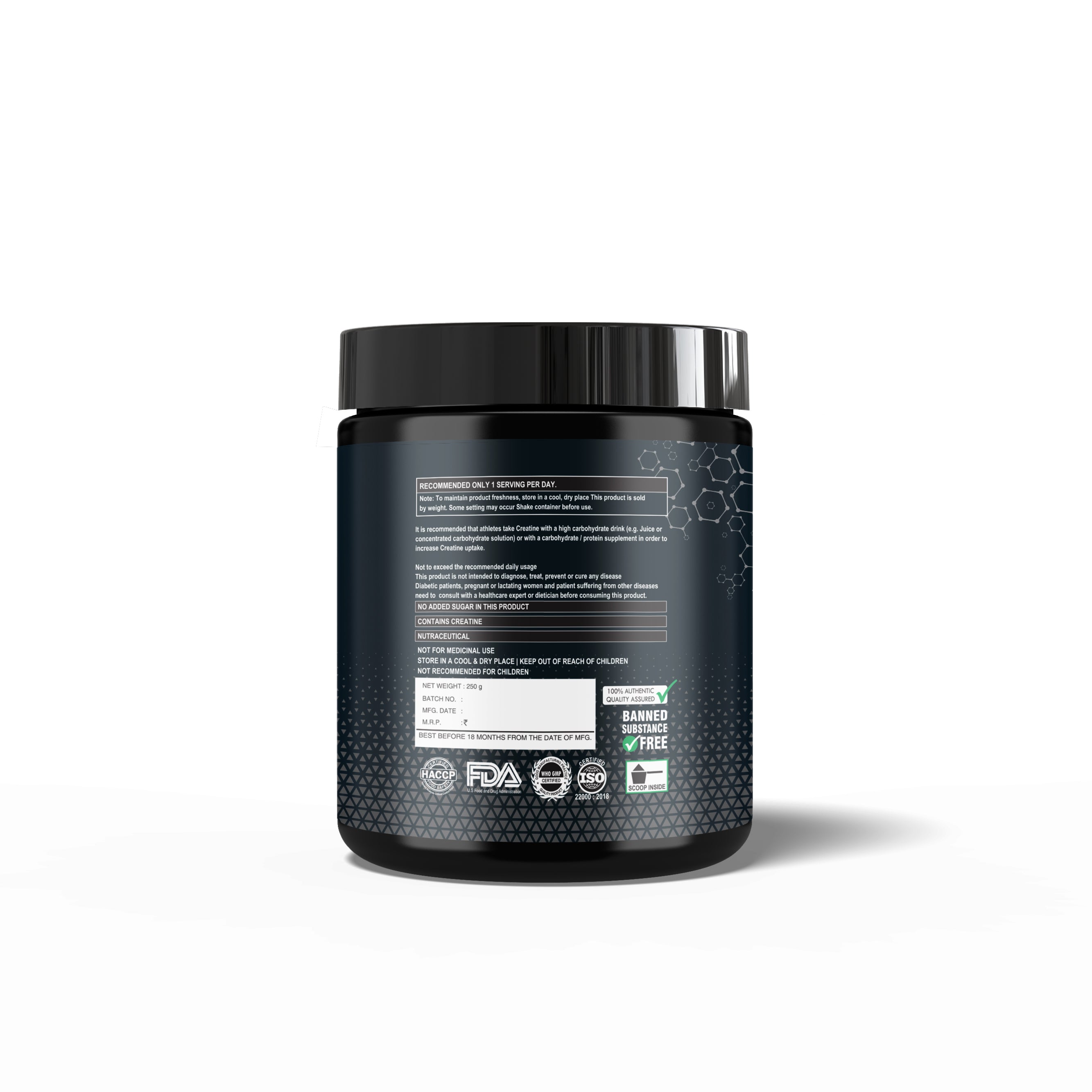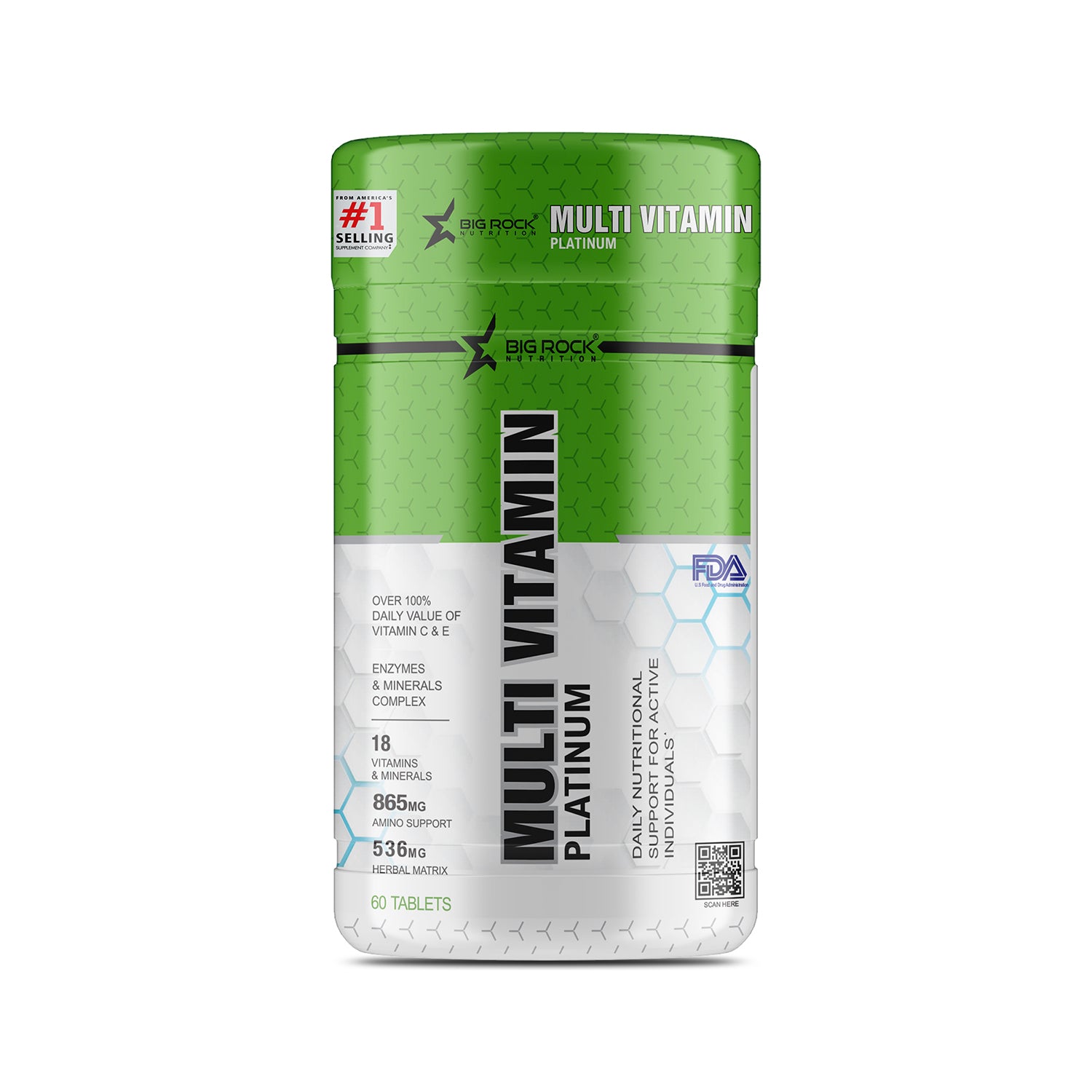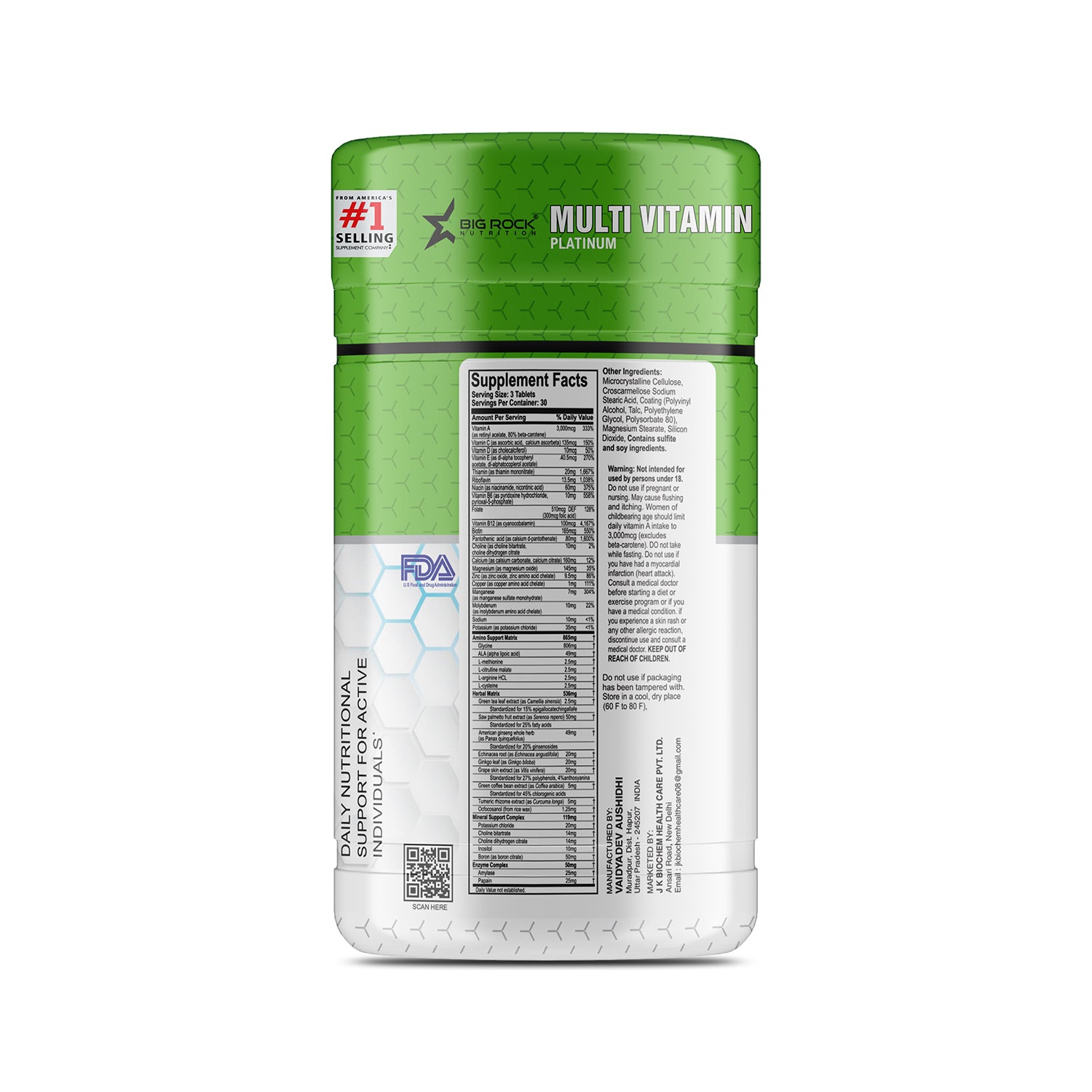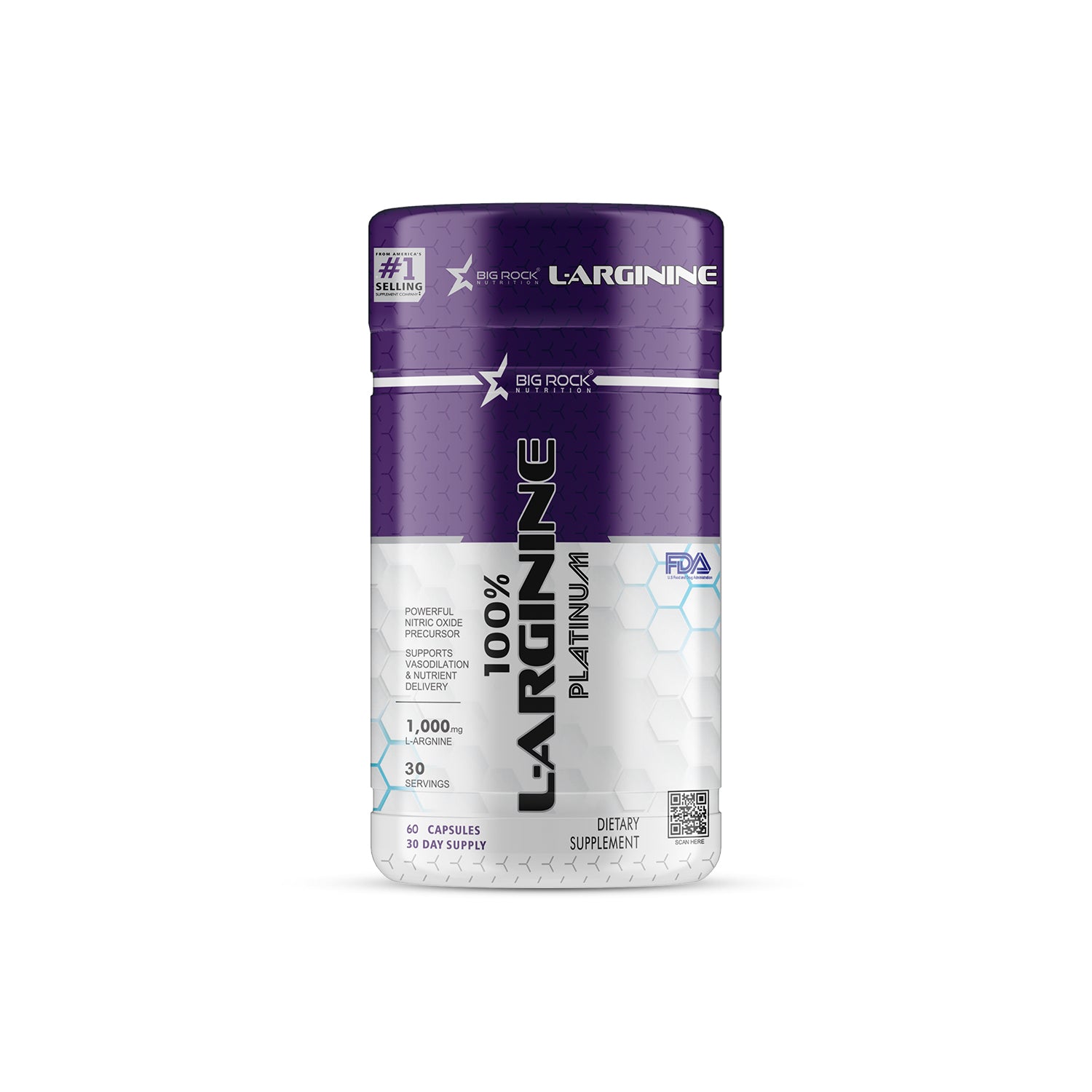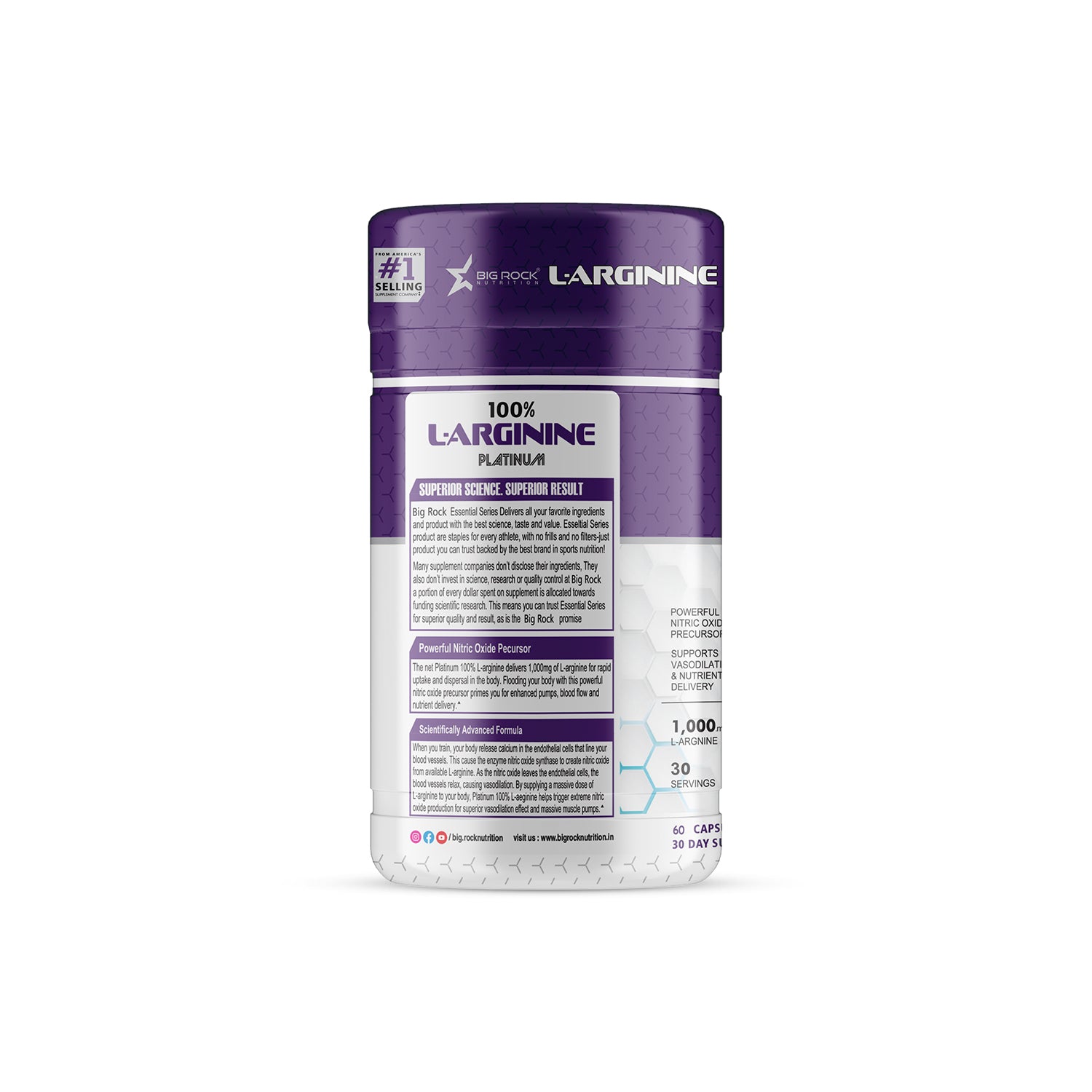While protein is essential for overall health, muscle repair, and various bodily functions, excessive protein intake or certain types of protein consumption can lead to side effects. Here’s a detailed look at some potential side effects associated with protein intake:
1. Kidney Strain
-
High Protein Intake: Consuming excessive amounts of protein, particularly from animal sources, can put a strain on the kidneys, especially in individuals with pre-existing kidney conditions. The kidneys are responsible for filtering waste products from protein metabolism, and overloading them can potentially lead to kidney damage over time.
-
Increased Risk for Those with Kidney Disease: People with chronic kidney disease should monitor their protein intake closely, as excessive protein can exacerbate their condition by increasing the workload on their kidneys.
2. Dehydration
- Increased Fluid Loss: High protein diets can lead to dehydration because the body requires more water to metabolize and excrete the byproducts of protein digestion, particularly urea. This can lead to increased urination and a higher risk of dehydration if fluid intake isn’t adequately increased.
3. Digestive Issues
-
Constipation: High protein diets, especially those low in fiber, can cause constipation. This is particularly common with diets that focus on animal protein and lack fruits, vegetables, and whole grains, which are rich in dietary fiber.
-
Diarrhea: Some individuals may experience diarrhea if they consume too much protein, especially from protein supplements or shakes that contain lactose, artificial sweeteners, or additives that can irritate the digestive tract.
4. Nutrient Imbalance
- Reduced Intake of Other Nutrients: Focusing too heavily on protein can lead to a diet that is imbalanced, potentially neglecting other essential nutrients like carbohydrates, fats, vitamins, and minerals. This can result in deficiencies, particularly in dietary fiber, leading to digestive and cardiovascular issues.
5. Bone Health Concerns
- Calcium Loss: There is some evidence suggesting that very high protein intake, particularly from animal sources, might increase calcium excretion in urine, potentially impacting bone health over the long term. However, this effect is generally minimal and can be offset by adequate calcium intake.
6. Weight Gain
- Excess Caloric Intake: While protein can aid in weight loss by promoting satiety, consuming it in excessive amounts can lead to weight gain if it results in an overall calorie surplus. This is particularly true if the additional protein comes from high-calorie sources like fatty meats or protein supplements that add unnecessary calories to the diet.
7. Heart Disease Risk
- High Saturated Fat: Diets high in animal protein often come with high levels of saturated fat and cholesterol, which can increase the risk of heart disease. It’s important to choose lean protein sources and balance them with plant-based proteins that are lower in saturated fat.
8. Liver Damage
- Impact on Liver Function: Extremely high protein intake can stress the liver, especially in individuals with pre-existing liver conditions. The liver is crucial in metabolizing protein, and overconsumption can lead to an overload of amino acids, potentially causing liver dysfunction over time.
9. Bad Breath
- Ketosis: High-protein, low-carb diets like the ketogenic diet can lead to a state of ketosis, where the body burns fat for energy instead of carbohydrates. A side effect of ketosis is bad breath, which results from the production of ketones, particularly acetone, which is expelled through the breath.
10. Increased Cancer Risk
- Processed Meats: High consumption of certain types of protein, particularly processed meats (like bacon, sausages, and hot dogs), has been linked to an increased risk of certain cancers, such as colorectal cancer. Limiting intake of processed meats and opting for healthier protein sources is recommended.
Conclusion
While protein is vital for health, it's essential to consume it in balanced amounts and choose healthy protein sources. Excessive protein intake, particularly from animal sources, can lead to several side effects, including kidney strain, digestive issues, and potential nutrient imbalances. It's important to balance protein with other nutrients like carbohydrates, fats, and fiber, and to be mindful of the types of protein consumed, favoring lean meats, plant-based proteins, and whole foods. If you have pre-existing health conditions, particularly related to the kidneys or liver, it's wise to consult a healthcare provider before making significant changes to your protein intake



